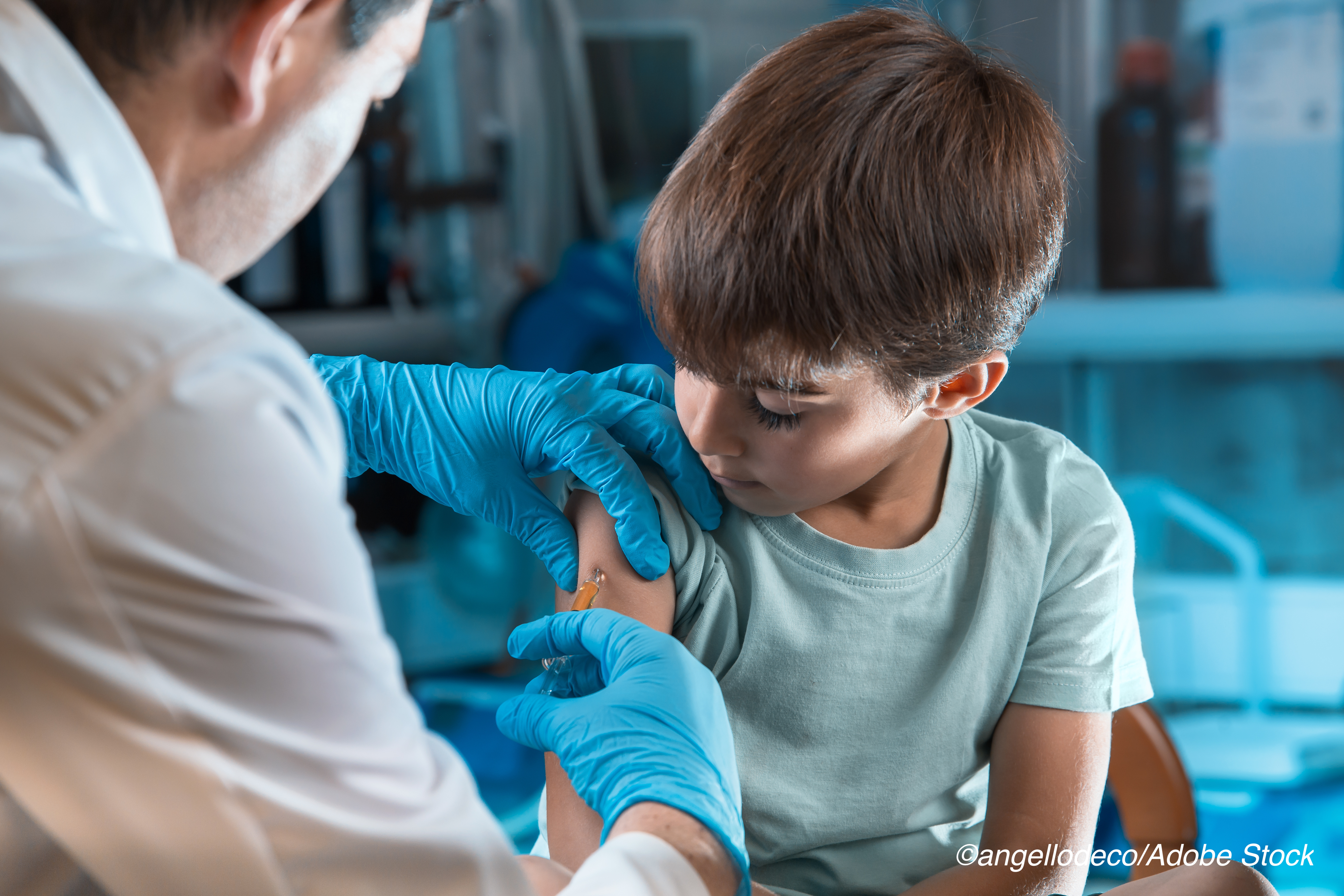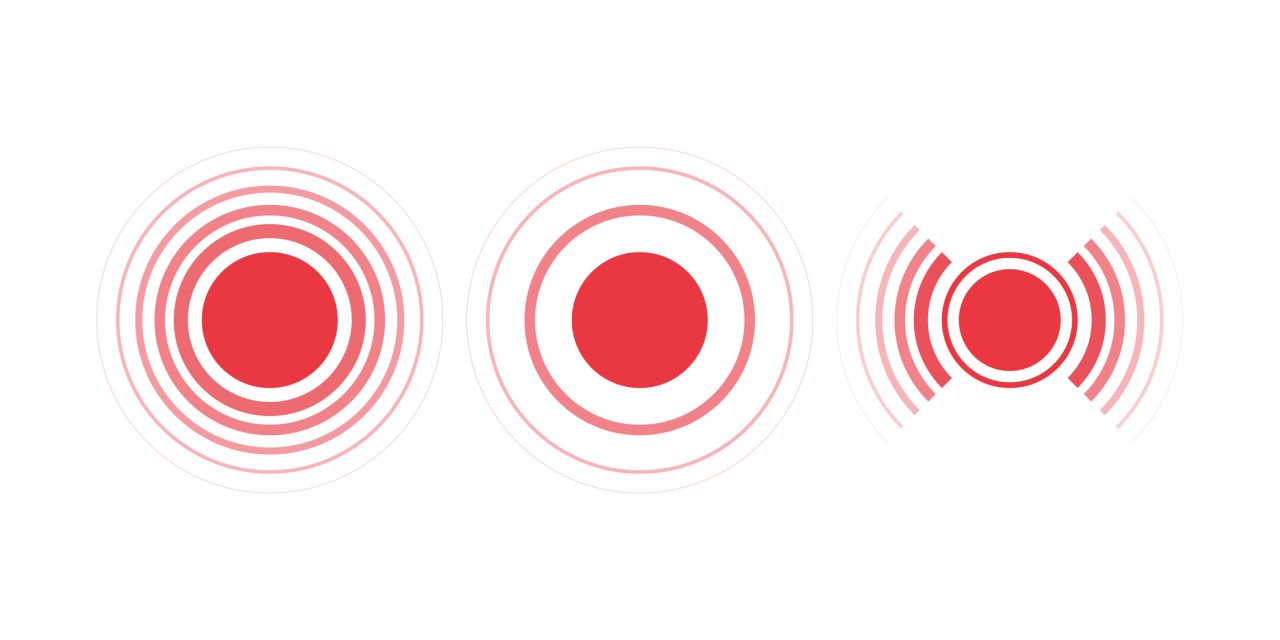 In a move to make childhood vaccines more accessible during the Covid-19 pandemic, the U.S. Department of Health and Human Services (HHS) issued an authorization allowing pharmacies that are state-licensed to administer vaccines to kids ages 3-18 years. The American Academy of Pediatricians (AAP) immediately called the move “incredibly misguided.”
In a move to make childhood vaccines more accessible during the Covid-19 pandemic, the U.S. Department of Health and Human Services (HHS) issued an authorization allowing pharmacies that are state-licensed to administer vaccines to kids ages 3-18 years. The American Academy of Pediatricians (AAP) immediately called the move “incredibly misguided.”
“In the middle of a pandemic, what families are looking for is reassurance and clinical guidance from the doctors they trust most to care for their children: pediatricians,” said AAP President Sally Goza, MD, FAAP, in a statement. “Pediatricians’ offices are open and safe. We have all necessary childhood and adolescent vaccines in stock with trained medical professionals who can administer them. We know that the best, safest place for children to get vaccinated is in their medical home.”
The AAP said the new HHS policy is unnecessary and “will not provide children with the same level of optimal medical care they receive from the pediatrician who knows the child’s medical history.” Moreover, routine vaccinations are part of well-child checkups, the AAP noted, when other health care is provided including developmental and mental health screenings as well as nutritional and injury prevention counseling.
The physicians’ group also noted that “few pharmacies participate as Vaccines for Children providers — a federal program that provides vaccines at no cost to children who are Medicaid-eligible, uninsured, underinursed, or American Indian or Alaska Nation.” Allowing pharmacies to administer vaccines would widen, not narrow, the health inequities brought on by the Covid-19 pandemic, the AAP maintained.
In contrast, HHS insisted that its addition to the Public Readiness and Emergency Preparedness act (Prep Act) would make vaccinations more readily available for children and, in its recommendations, wrote “The licensed pharmacist must inform his or her childhood-vaccination patients and the adult caregivers accompanying the children of the importance of a well-child visit with a pediatrician or other licensed primary care provider and refer patients as appropriate.”
But the AAP isn’t buying it.
“This unprecedented expansion of pharmacies’ ability to administer vaccines to children is not a solution to the vaccine hesitancy that is driving down rates of childhood immunizations in the U.S.,” Goza said. “Many parents have questions about their children’s vaccines, and pediatricians are ready to talk with them. It’s what we do, every day, one-on-one with thousands of parents, as part of the long-term trusting relationships that families have with their physicians.”
The AAP accused HHS of “using the Covid-19 pandemic as justification to make policy change that goes well beyond care related to Covid-19.” And Goza added that, “Rather than create an unnecessary alternative method to deliver immunizations to children, our federal government should invest in the one we have: pediatricians.”
Candace Hoffmann, Managing Editor, BreakingMED™
Cat ID: 44
Topic ID: 85,44,730,44,561,151,925


